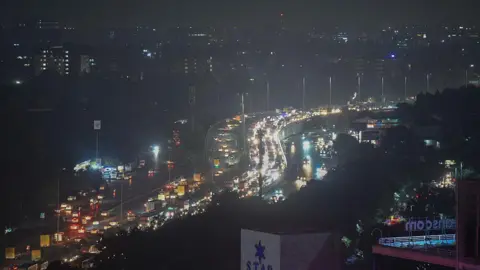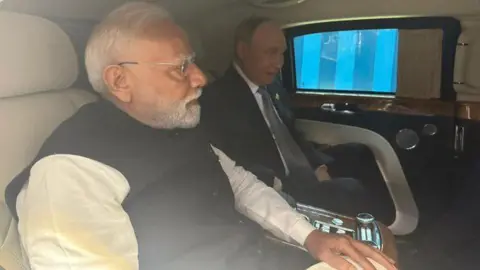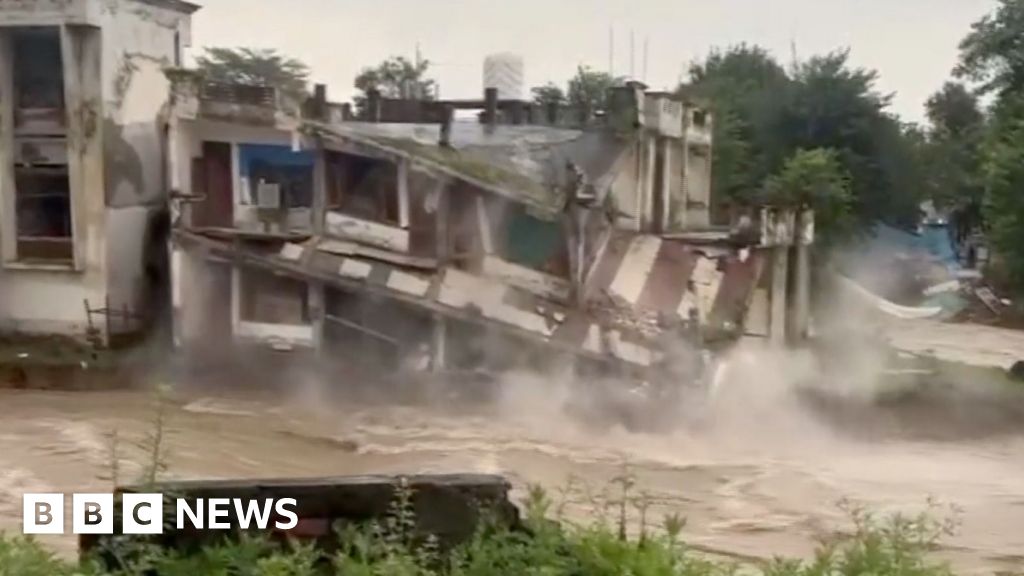In response to a horrific assault in Kashmir that resulted in 26 fatalities, primarily Hindu tourists, anger has surged across India, driving a significant backlash against the Muslim community. Authorities have reportedly detained thousands of Muslim individuals, while numerous homes have been demolished, with the Indian government attributing the attack to militants backed by Pakistan—a claim that Pakistan vehemently denies.
Prime Minister Narendra Modi has taken a hardline stance, declaring intentions to track down those responsible and “raze” their support networks. The Indian government appears to be preparing for a potential military response, with officials indicating that an attack on Pakistan may be imminent.
The backlash has not only targeted the alleged militants but has also perpetuated a broader anti-Muslim sentiment throughout India. Reports of hate crimes against Muslims have emerged in states such as Uttar Pradesh and Karnataka, raising concerns that the ongoing violence is contributing to the further demonization of Muslim communities, a tactic often utilized by Modi’s party to rally India’s Hindu majority around nationalist sentiments.
As tensions continue to escalate, the situation remains fluid, with increased security measures and police actions in Kashmir, including the demolition of properties belonging to accused terrorists. Additionally, the humanitarian impact of these developments is underscored by the recent expulsion of over 80,000 Afghan migrants from Pakistan, many of whom have deep ties within the country, highlighting the complex geopolitical dynamics at play in the region.
Prime Minister Narendra Modi has taken a hardline stance, declaring intentions to track down those responsible and “raze” their support networks. The Indian government appears to be preparing for a potential military response, with officials indicating that an attack on Pakistan may be imminent.
The backlash has not only targeted the alleged militants but has also perpetuated a broader anti-Muslim sentiment throughout India. Reports of hate crimes against Muslims have emerged in states such as Uttar Pradesh and Karnataka, raising concerns that the ongoing violence is contributing to the further demonization of Muslim communities, a tactic often utilized by Modi’s party to rally India’s Hindu majority around nationalist sentiments.
As tensions continue to escalate, the situation remains fluid, with increased security measures and police actions in Kashmir, including the demolition of properties belonging to accused terrorists. Additionally, the humanitarian impact of these developments is underscored by the recent expulsion of over 80,000 Afghan migrants from Pakistan, many of whom have deep ties within the country, highlighting the complex geopolitical dynamics at play in the region.




















